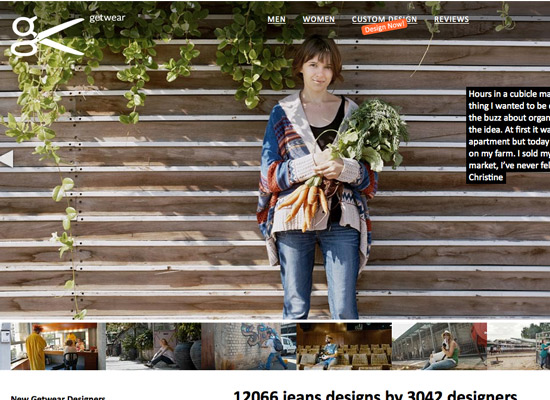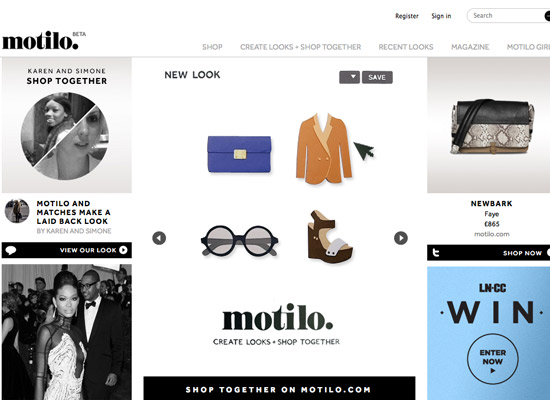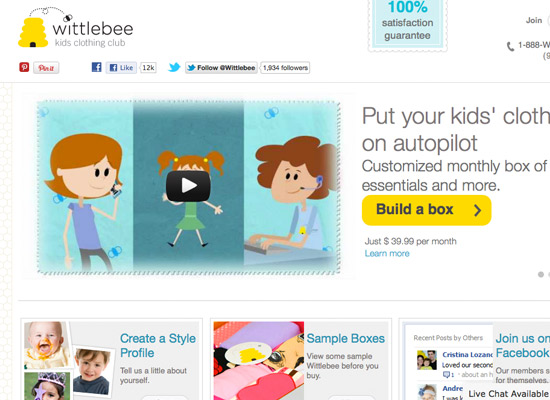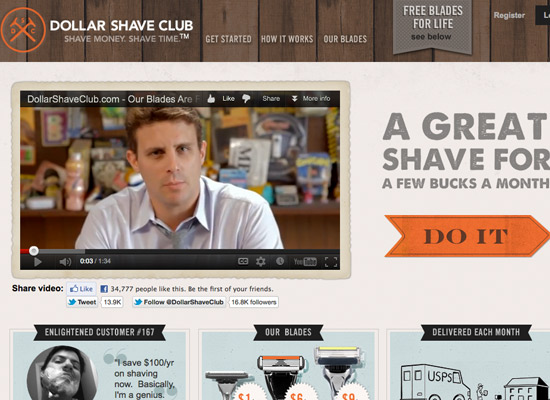Startups by default need to put a lot of care and attention into their websites to attract interest from both potential customers and investors.
They need to quickly answer the question, “What’s in it for me?” so making a positive first impression is paramount.
For a startup, your product is heavily tied to your website! Don’t cut corners.
A successful start-up website should contain the following:
Solid UI web design: Users make judgments about the credibility of a startup based on its User Interface Design. Be sure to conduct research to create a high-quality visual UI design that addresses user requirements while delivering an excellent user experience.
Clear offering: Clearly express what you are doing, what your visitor can gain from it and how they can easily get it. This can also be expressed through a tagline, but should be expanded upon in headlines and introductory copy.
A Quick Tour/Demo: Let visitors know what your product does easily and quickly through a simple video demo or diagram of your product/idea.
Testimonials/Social Proof: How has your product benefited others? Prove the benefit of your product by displaying logos of businesses you have worked with, testimonials or evidence of press coverage for your startup.
I’ve chosen 15 physical goods startup websites for your inspiration. You can also check out my previous Startup Website roundup here. Enjoy!
Kiwi Crate
A bright, fresh color palette adds to the appeal of the Kiwi Crate website, a subscription-based service that delivers crates of craft supplies every month for kids ages three to seven. Lifestyle photography of children interacting with the products works well in selling the service. In fact, the company encourages its subscribers to share photos and videos of their children unboxing items and taking part in activities. This helps build excitement around the product.
Threadflip
Threadflip lets you buy and sell secondhand fashion goods. Threadflip helps the user feel safe as both parties (buyers and sellers) are identified by the Facebook profiles rather than anonymous usernames. This creates social proof and a greater sense of transparency and trust between parties.
GetWear
Want to design your own jeans? GetWear allows you to do so where every element of the jeans, such as fabric, style, wash, embroidery, fading, even size is customizable. A large-scale slideshow on the homepage, popular in web design these days, tells the stories of some of the designers, and adds a human element to the otherwise e-commerce site.
Foodzie
Foodzie is an online marketplace where consumers can discover and buy food directly from small artisan producers. The identity of the website is every bit as refined as the food it sells.
The Honest Company
Another subscription-based service, The Honest Company is a source for eco-friendly baby diapers and biodegradable wipes as well as an assortment of cleaning products. The design of the site is carefully-considered, with the major call-to-actions readily visible to the viewer. Explanations of how the process works also help garner trust in the company.
Motilo
Motilo serves up a feed of fashionable items from retailers like Net-a-Porter, which girls can assemble into outfits. The site has the functionality to allow you to chat with friends about their findings. When they’re finished browsing and styling, users can click through to purchase their looks from their respective retailers.
Birchbox
Birchbox is a popular subscription-based service that provides makeup and beauty products that subscribers may have never discovered or bought for themselves.
Love With Food
Who wouldn’t like tasty, gourmet samples of food delivered to their door each month? This is the concept behind Love with Food. Additionally, the site allows you to meet chefs, discover recipes, and shop for an array of unique products.
Wittlebee
Wittlebee is a subscription service for kid’s clothes. The website allows you to easily fill out a profile of your little one, which Wittlebee shoppers will then use to curate a box of clothing for you and ship it right to your door every month. This simple task takes the hassle out of going shopping, while the attention to detail in curating each box positions them well against big e-commerce sites like Amazon.
Dollar Shave Club
A catchy video and the promise of high-quality razors delivered to your door for just a few bucks a month launched Dollar Shave Club into the spotlight. The headline of the site clearly spells out the benefit of such a service, while a straightforward call to action pops out and inspires you to take action.
Fab.com
Fab.com is an e-commerce site that has found a way to successfully integrate social media into it selling of gadgets, apparel, home decor, and kitchenware. Facebook integration allows you and your friends to share via a text-and-photo stream the items you’re buying or liking. The site itself is user-friendly and allows you to filter products by color, price and category. Individual items showcase prices as well as the number of social shares onto Twitter, Facebook and Pinterest.
EcoCradle Mushroom Packaging
EcoCradle provides the world’s first packaging made from mushrooms. The website provides easy access to the process of creating this green packaging solution with testimonials from those backing this forward-thinking solution.
Roozt
Roozt is the Etsy of socially-conscious brands. It allows you to shop for cause-oriented, trendsetting brands under one roof. Browse by cause supported, region of the world, or products sold. You can also earn rewards and prizes for sharing with your friends.
Givmo
Givmo is a free marketplace connecting users’ throwaways with new homes where the items will be appreciated. A video demonstrates the process you take to donate your items, and is a beneficial element for any startup website to have in explaining a unique idea.
Shoptiques
Shop like a local on Shoptiques. The Shoptiques experience is what you’d expect from shopping in a one-location boutique. The site lets you buy clothing and accessories from 50 boutiques with one flat shipping and return fee.
This was just a taste of what startups are currently doing to attract attention to their product and garner sales.
No matter if your startup is subscription-based or otherwise, you can see how these companies are implementing a solid visual design and user experience in marketing their products. Using social media to foster relationships with their customer base and build their brands through word-of-mouth is another modern trend in generating interest in their businesses.
What startup websites have caught your attention lately?






























